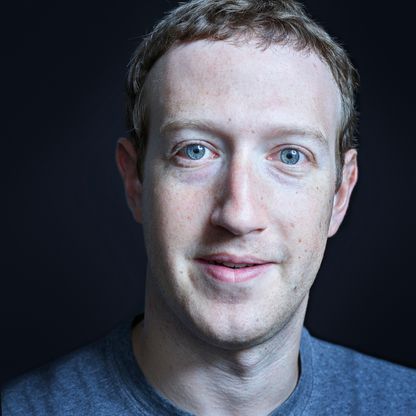In a groundbreaking announcement, Meta CEO Mark Zuckerberg has introduced “Meta AI,” the company’s latest artificial intelligence (AI)-powered assistant. Meta AI is poised to rival OpenAI’s ChatGPT and is set to integrate seamlessly with popular platforms including Instagram, Facebook, WhatsApp, and, in the future, Meta’s mixed reality devices.
Zuckerberg unveiled Meta AI during the Meta Connect event on September 27, where he elaborated on its capabilities. This AI assistant is driven by Meta’s substantial language model, Llama 2, and has been developed in collaboration with Microsoft Bing to provide users with real-time access to internet-based information.
“Meta AI is your basic assistant that you can talk to like a person,” Zuckerberg explained. Beyond answering questions and engaging in conversations with users, Meta AI introduces an innovative feature: image generation. It leverages a novel image generation tool called “Emu,” which Meta trained on an extensive dataset of 1.1 billion pieces of data, including user-shared photos and captions from Facebook and Instagram.
What sets Meta AI apart from its competitor, ChatGPT, according to Zuckerberg, is its adaptability. Rather than creating a one-size-fits-all chatbot, Meta’s strategy is to tailor AI products for specific use cases. As an example, Zuckerberg demonstrated how Meta AI could serve distinct roles within the company’s suite of social media apps, such as aiding in travel planning within group chats on Facebook Messenger.
Meta’s ambition for its chatbots extends beyond mere utility; they are designed to be engaging and entertaining. In a nod to entertainment-focused AI products, Meta also unveiled a collection of chatbots featuring around 30 celebrities, including Paris Hilton, Snoop Dogg, and former NFL player Tom Brady.
Starting on September 27, Meta AI will become available to a select group of users in the United States on Facebook Messenger, Instagram, and WhatsApp. It will also be accessible to users of Meta’s new smart glasses, scheduled for release on October 17 for U.S. customers, as well as the upcoming Quest 3 VR device.
In parallel news, on the same day as Meta’s Connect event, OpenAI made a significant announcement regarding its ChatGPT. OpenAI revealed that ChatGPT would no longer be limited to pre-2021 data. This update, immediately available for Plus and Enterprise users utilizing the GPT-4 model, addresses a critical knowledge gap that had emerged in ChatGPT’s dataset due to its training process.
This development is particularly notable as it ensures that ChatGPT remains relevant and up-to-date, eliminating the knowledge base limitation that was previously extended only up to 2021.
As the AI landscape continues to evolve rapidly, with major players like Meta and OpenAI pushing boundaries, the competition and innovation in AI-driven technologies are poised to reshape our digital interactions in the coming years.


